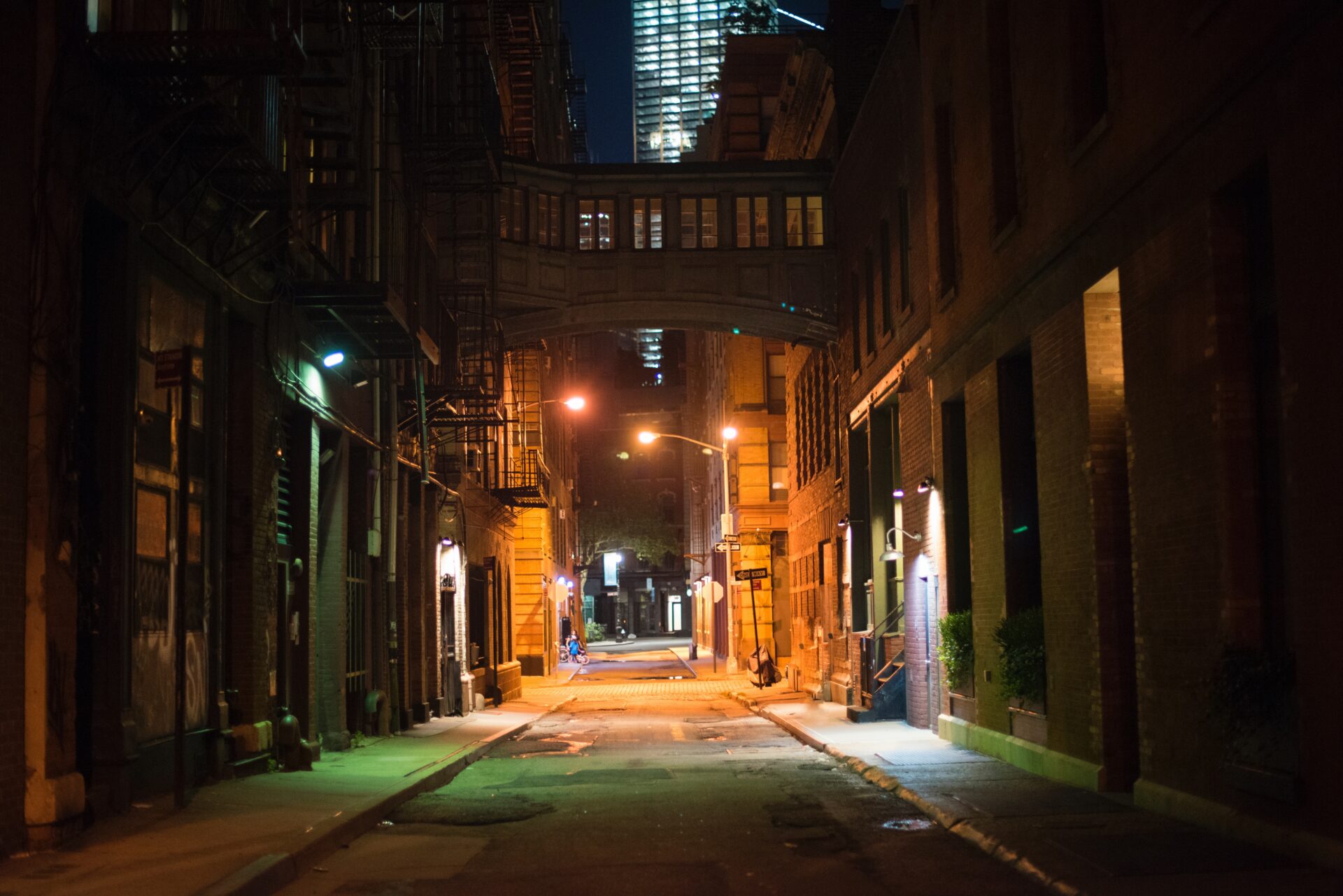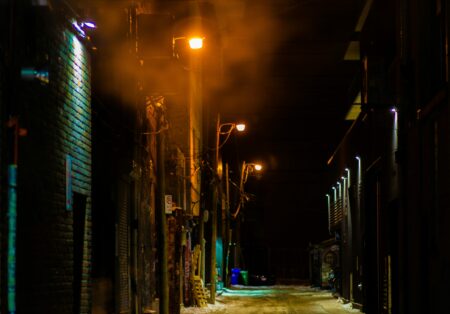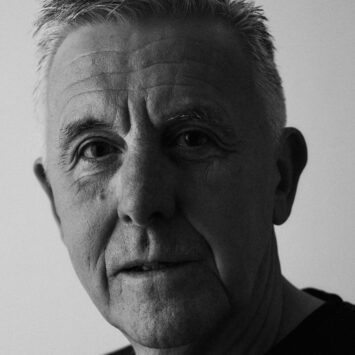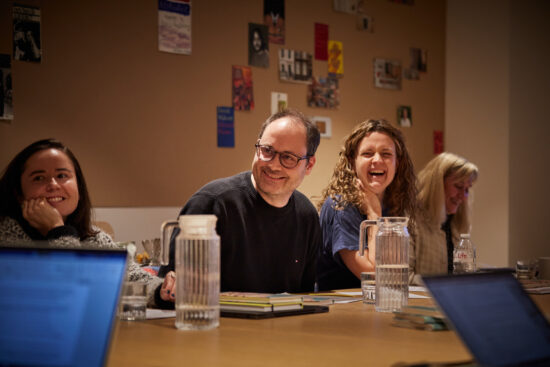


Why Setting Matters in Crime Writing
4 minutes read
Faber Academy tutor and award-winning author, Trevor Wood, considers the importance of setting and location when writing crime.
‘A sense of place is important in most novels but in modern crime fiction it is practically an imperative.’
This quote comes from a Guardian article by Stuart Evers entitled ‘Why Scene is as Crucial as Crime in Detective Fiction’, in which he cites many great examples including Rankin’s Edinburgh and James Lee Burke’s Louisiana.
But if you’re about to start a new book how do you choose that setting?
Lee Child famously set his Jack Reacher books in the USA for two reasons, one concerning the stories he wanted to tell and the other for sales. He needed a large country with wide open spaces for Reacher’s escapades to work but he also wanted to sell a shedload of books and the USA has a lot more readers than anywhere else.
It’s a model that’s been successfully followed by several other British writers, Steve Cavanagh and Chris Whitaker have both had great success with their US-set books and, more recently, Mike Craven’s new novel, Fearless, looks like following in their footsteps.

Notwithstanding that success, the standard dictum is, of course, write what you know. In the context of setting this is much better put by Graham Mort in his book Landscapes and Language: ‘If we know a place that we love our instinct is to share that place with others.’
For me, that meant the setting of my first book, The Man on the Street, was always going to be Newcastle, where I have lived for the last 30 years.
However, if you are going to use a real place and want to make your setting more vivid then you really need to get the details right, people who know the place will visualise every scene, those who don’t will be able to sense the authenticity. Use unusual locations or familiar locations in a different way. Take pictures and examine them closely for specifics that can bring your descriptions to life. In lockdown, when pretty much all we could do was walk around, I explored a lot of my home city that I was previously unfamiliar with. There are an awful lot of cemeteries in the later Jimmy Mullen books!
And don’t restrict setting to a macro level. Look at individual chapters and ask if changing the setting will change the perspective, adding something by making the familiar a little different. I moved a scene where my homeless characters were using a computer from the City Library to an Apple store and it changed the dynamic entirely.
The setting of my first book, The Man on the Street, was always going to be Newcastle, where I have lived for the last 30 years.
There are better examples, both also set in the North of England. In City of Sinners, A.A Dhand starts with a body hanging, incongruously, in the stunningly beautiful Waterstones in Bradford, Joseph Knox starts Sirens in Manchester city centre – pretty straightforward you’d think – but his main character, Aidan Waits, is lying face down on the pavement – a completely different perspective in every sense.
One other quote in the Evers article stood out for me: ‘Good crime writers simply describe a detective’s stomping ground, great ones give it a pulse.’ If you’re going to make setting a feature of your novel you have to make it a living, breathing character in itself.
For me that comes from not just thinking about the physical attributes of a place. The cultural landscape for a novel is perhaps even more interesting and just as relevant to setting – think about the socio-economic characteristics of your setting (ethnicity, language, affluence, class, art, politics, etc.) It’s this kind of detail that can give your book more of that elusive pulse.
If you want a great example of how to do it well, check out Scrublands by Chris Hammer. Though, in this case, the setting is fictional, it’s crammed with detail and very firmly based on a real location, an Australian country town ravaged by drought. The setting is absolutely central to the story as the town’s economy is crashing due to a severe drought and the relentless heat and lack of water add to the psychological and physical pressure on the characters. It’s a tinderbox that just needs a murder to set it alight – and Hammer gives you several.

Trevor Wood’s first novel, The Man on the Street, set in his home city of Newcastle, won the Crime Writers’ Association’s John Creasey New Blood Dagger for best debut and the Crimefest Specsavers Debut Crime Novel of the Year. It was also shortlisted for the Theakston’s Old Peculier Crime Novel of the Year and has been optioned for television by World Productions, the makers of Line of Duty. Trevor has tutored on Faber Academy Newcastle’s Writing Crime course.
Find out more about Faber Academy’s Crime Writing courses here.
End





